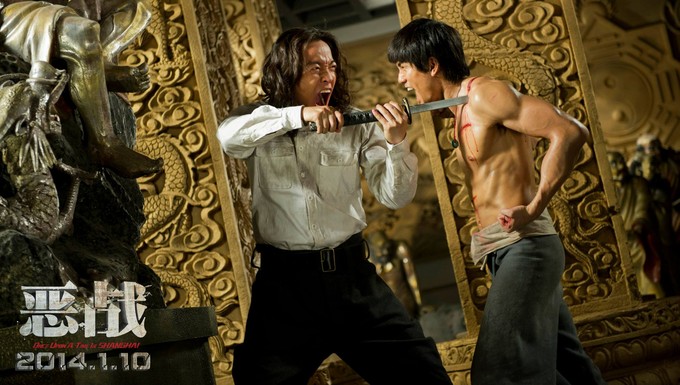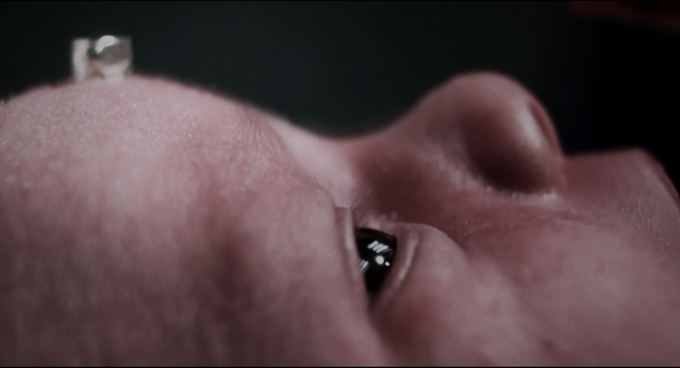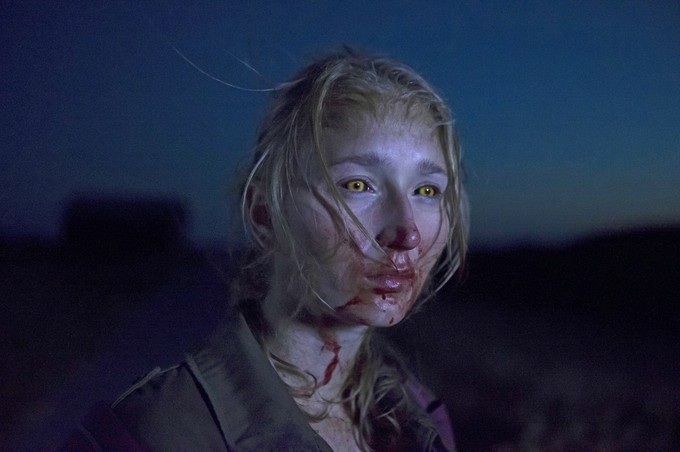Ain't It Cool News (www.aintitcool.com)
Movie News
Capone's first report from Fantasia Festival 2014, with ONCE UPON A TIME IN SHANGHAI, METALHEAD, CLOSER TO GOD, and WHEN ANIMALS DREAM!!!
Hey, folks. Capone in Chicago here. Last year, I got to spend about five days at the 17th Fantasia International Film Festival in Montreal, and it was a singular experience. It’s a concentrated dose of some of the top genre films in the world, all screened at the longest-running genre fest in North America. I was fortunate enough to travel up there again this year for the 18th installment thanks to kind folks like Ted Geoghegan, Director of International Publicity, and Lindsay Peters, Managing Director, Market + Director of Hospitality for the fest.
Readers Talkback





